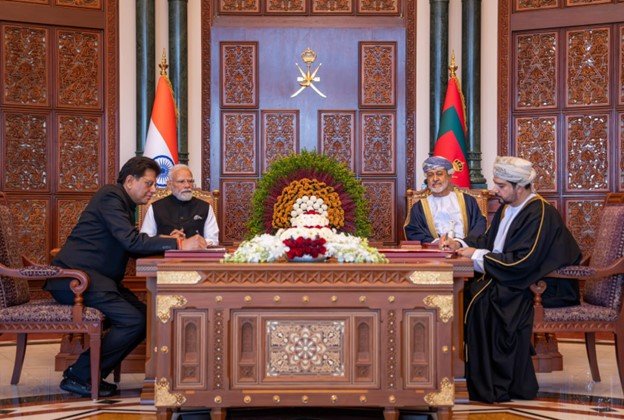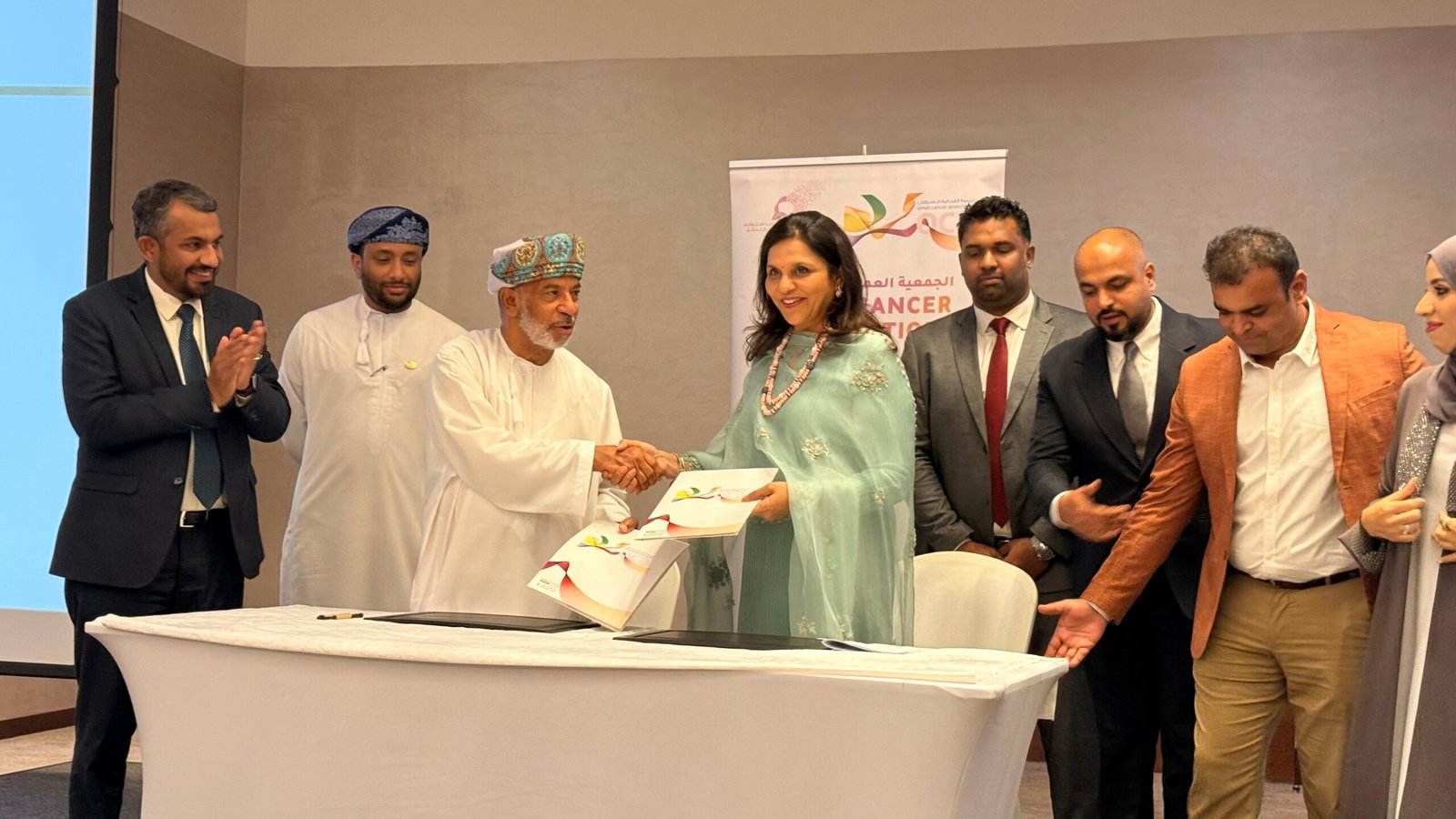-
Extradition, a legal mechanism involving the transfer of fugitives for prosecution or punishment, has increasingly become a key tool for India in bringing back absconding offenders
-
According to the CBI, more than 100 wanted individuals have been extradited in recent years through coordinated efforts with Interpol and foreign governments.
In a significant breakthrough in an ongoing narcotics investigation, Indian authorities have confirmed the successful extradition of a key suspect from the United Arab Emirates. Kubbawala Mustafa, wanted in connection with a large-scale synthetic drug manufacturing operation in Maharashtra, was returned to India following a collaborative effort between India’s Central Bureau of Investigation (CBI), Interpol, and the Narcotics Control Bureau (NCB) office in Abu Dhabi.
Mustafa had been evading arrest in a 2024 case involving a drug lab in Sangli, Maharashtra, where over 126 kilograms of mephedrone were seized. The drug, also known as MD, is a synthetic stimulant banned in India under the Narcotic Drugs and Psychotropic Substances (NDPS) Act.
Mustafa’s return marks another milestone in India’s ongoing crackdown on the illegal drug trade and transnational criminal networks
An open-ended arrest warrant had been issued against him after Interpol circulated a Red Notice in November 2024. Acting on this international alert, a four-member team from the Mumbai Police travelled to Dubai earlier this week and successfully repatriated Mustafa to Mumbai on July 11.
The extradition process, which began with a formal request from Indian authorities, was approved by the NCB office in Abu Dhabi in June this year. Officials credited the smooth operation to the close coordination between Indian and Emirati agencies.








